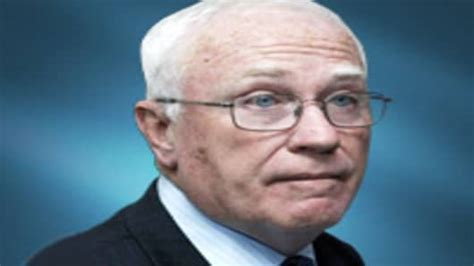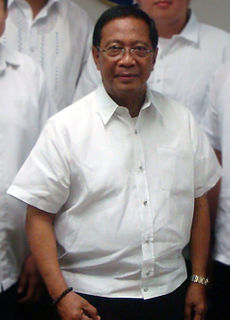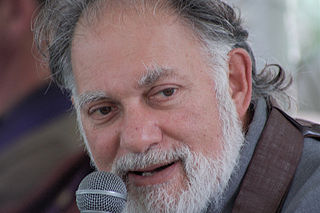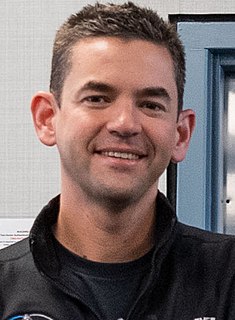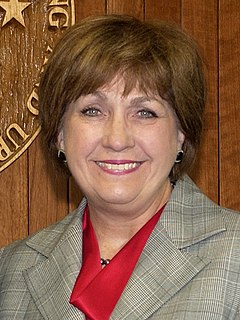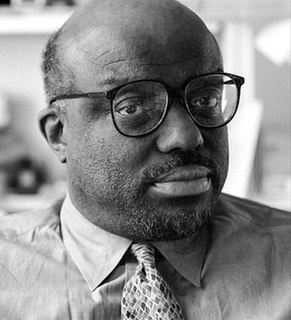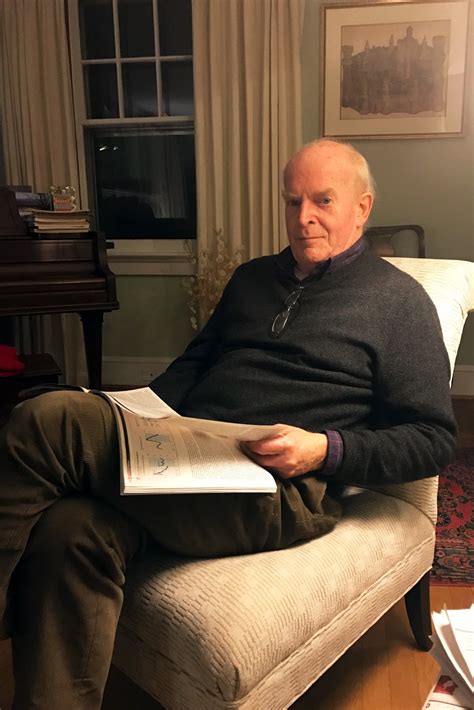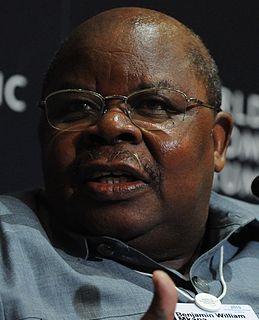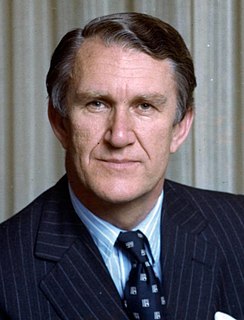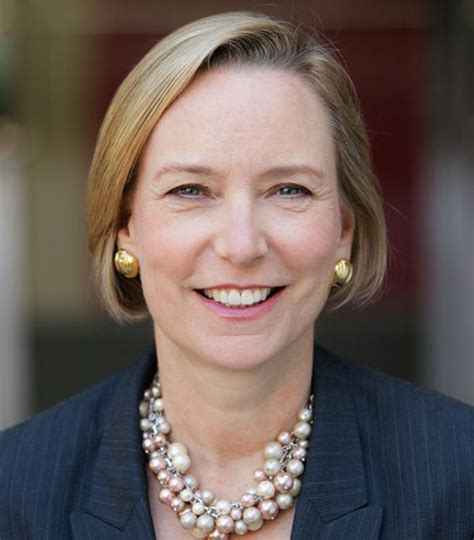Top 1200 Solutions To Poverty Quotes & Sayings
Explore popular Solutions To Poverty quotes.
Last updated on April 21, 2025.
Seek the simplest in all things, in food, clothing, without being ashamed of poverty. For a great part of the world lives in poverty. Do not say, "I am the son of a rich man. It is shameful for me to be in poverty." Christ, your Heavenly Father, Who gave birth to you in the baptistery, is not in worldly riches. Rather he walked in poverty and had nowhere to lay His head.
Poverty is a strange and elusive thing. ... I condemn poverty and I advocate it; poverty is simple and complex at once; it is a social phenomenon and a personal matter. Poverty is an elusive thing, and a paradoxical one. We need always to be thinking and writing about it, for if we are not among its victims its reality fades from us. We must talk about poverty because people insulated by their own comfort lose sight of it.
When we bear witness, when we become the situation - homelessness, poverty, illness, violence, death - the right action arises by itself. We don't have to worry about what to do. We don't have to figure out solutions ahead of time. Peacemaking is the functioning of bearing witness. Once we listen with our entire body and mind, loving action arises.
Hunger, disease and poverty can lead to global instability and leave a vacuum for extremism to fill. So instead of just managing poverty, we must offer nations and people a pathway out of poverty. And as president I've made development a pillar of our foreign policy, alongside diplomacy and defense.
It is fascinating to watch politicians come up with 'solutions' to problems that are a direct result of their previous solutions. In many cases, the most efficient thing to do would be to repeal their previous solution and stop being so gung-ho for creating new solutions in the future. But, politically, that is the last thing they will do.
Polak, a psychiatrist, has applied a behavioral and anthropological approach to alleviating poverty, developed by studying people in their natural surroundings. He argues that there are three mythic solutions to poverty eradication: donations, national economic growth, and big businesses. Instead, he advocates helping the poor earn money through their own efforts of developing low-cost tools that are effective and profitable.
The most constructive solutions are those which take into consideration the views of all persons involved and are acceptable to all. Such outcomes are the result of negotiation strategies where the needs of both sides are considered important and an attempt is made to meet all needs. These solutions are appropriately called Win-Win because there are no losers. While often difficult to arrive at, the process leading to such solutions builds interpersonal relationships, increases motivation and improves commitment. Win-Win solutions are the most desirable outcomes of conflict resolution.
In the United States of America, unfortunately we still live in a bubble of unreality. And the Category 5 denial is an enormous obstacle to any discussion of solutions. Nobody is interested in solutions if they don’t think there’s a problem. Given that starting point, I believe it is appropriate to have an over-representation of factual presentations on how dangerous it is, as a predicate for opening up the audience to listen to what the solutions are, and how hopeful it is that we are going to solve this crisis.
The world has never been as divided as it is now, what with religious wars, genocides, a lack of respect for the planet, economic crisis, depression, poverty, with everyone wanting instant solutions to at least some of the world's problems or their own. And things only look bleaker as we head into future.
Inevitably, people tell me that poor folks are lazy or unintelligent, that they are somehow deserving of their poverty. However, if you begin to look at the sociological literature on poverty, a more complex picture emerges. Poverty and unemployment are part and parcel of our economic order. Without them, capitalism would cease to function effectively, and in order to continue to function, the system itself must produce poverty and an army of underemployed or unemployed people.
Pope Francis emphatically does not buy the argument that poverty can be alleviated by the 'trickle down' effects of wealth creation. He is deaf to arguments that the global economy has brought a billion people out of poverty. He is convinced, in short, that the best and only way to expel poverty is fairer distribution of the world's goods.
Saving our planet, lifting people out of poverty, advancing economic growth... these are one and the same fight. We must connect the dots between climate change, water scarcity, energy shortages, global health, food security and women's empowerment. Solutions to one problem must be solutions for all.
I think one of the biggest mistakes that America has made - and maybe the world because this is, sort of, the core of communism and socialism - is that you can have perfect solutions to social problems like poverty, like crime. You're not going to eliminate all crime. Maybe you'll never eliminate all poverty.
We're looking at the singular condition of poverty. All the other individual problems spring from that condition... doesn't matter if it's death, aid, trade, AIDS, famine, instability, governance, corruption or war. All of that is poverty. Our problem is that everybody tries to heal each of the individual aspects of poverty, not poverty itself.








